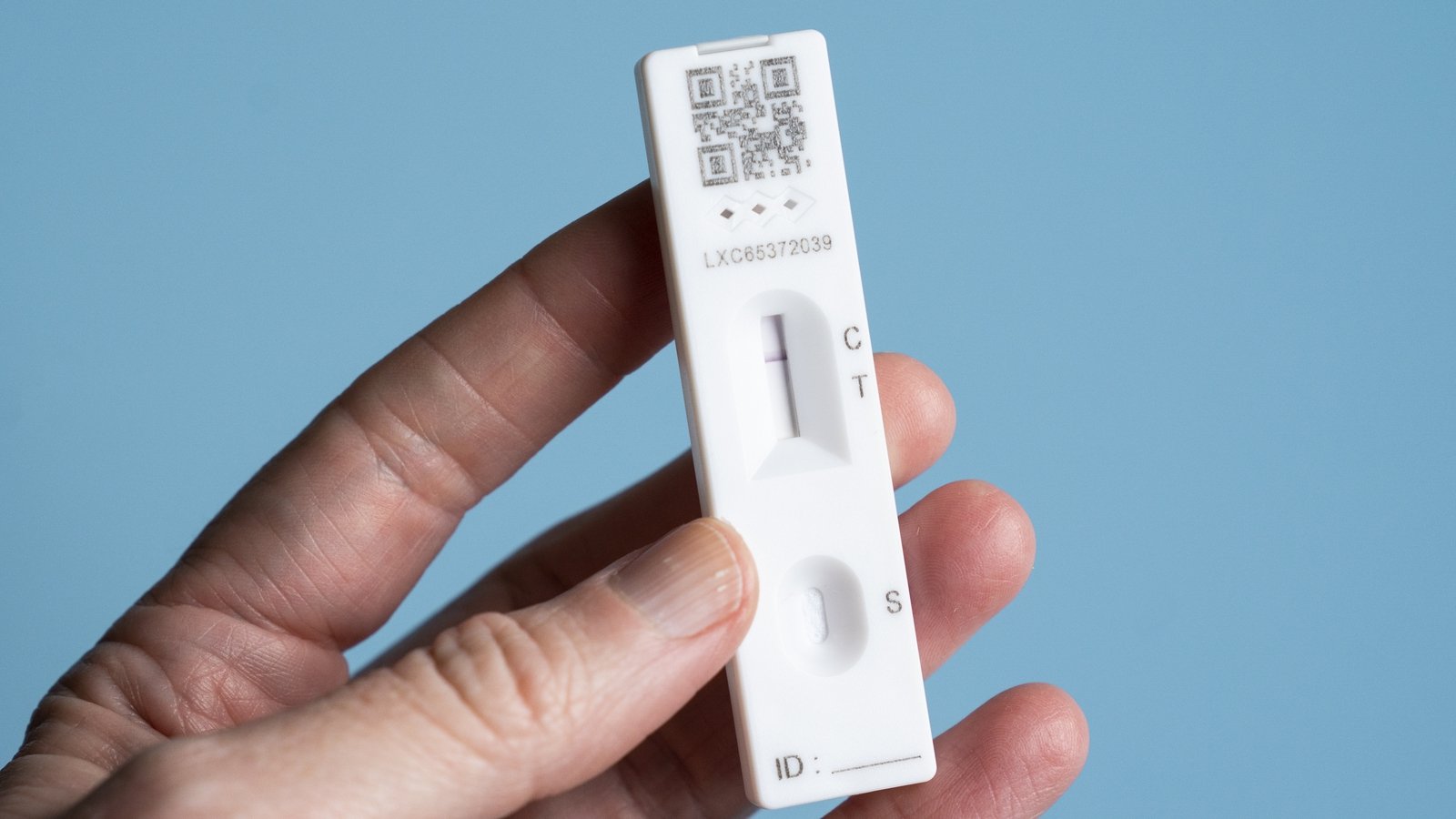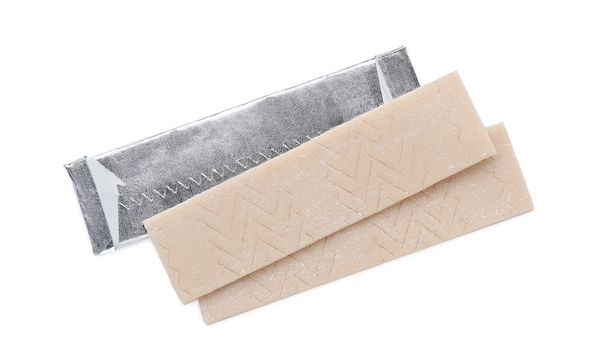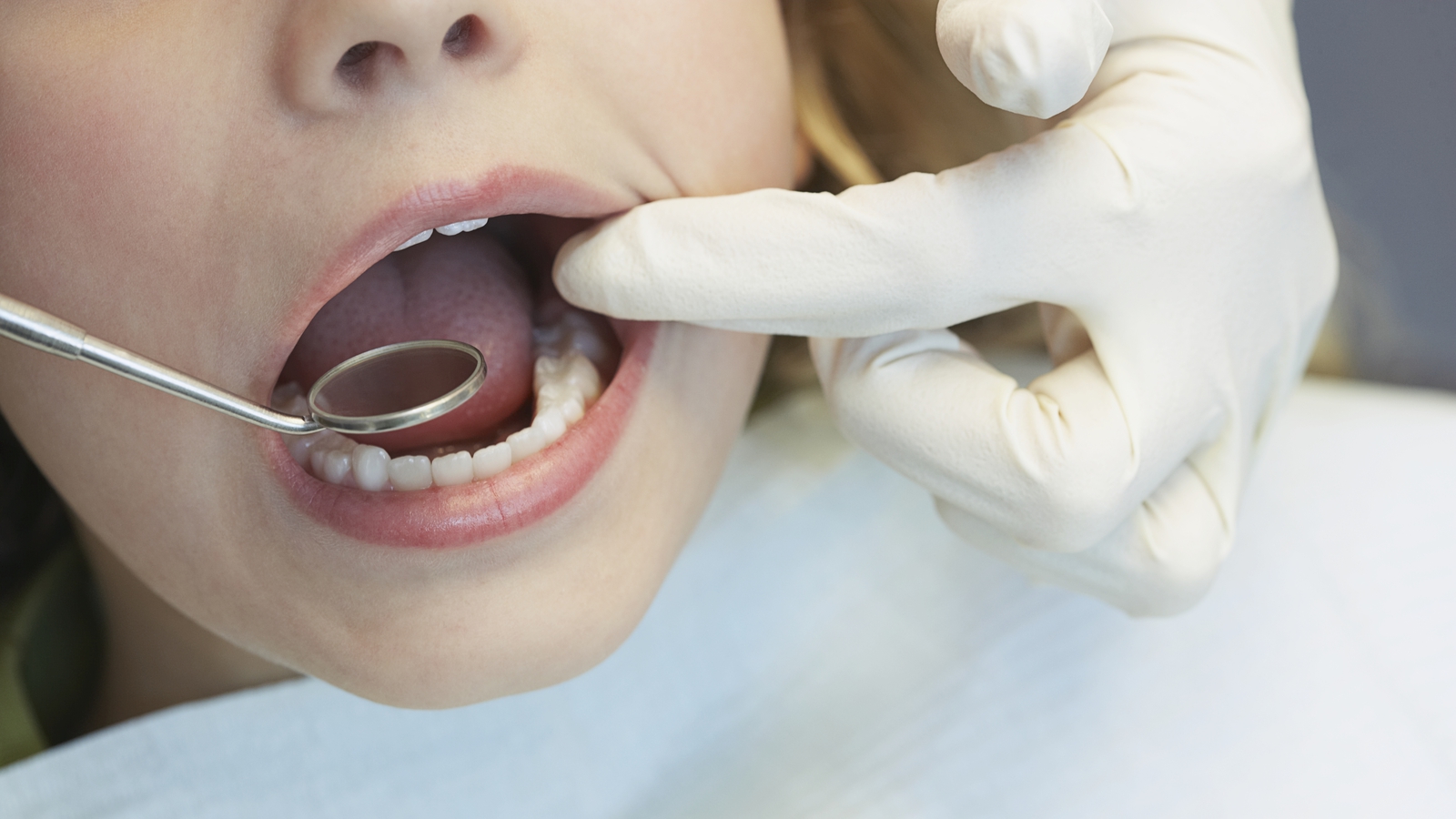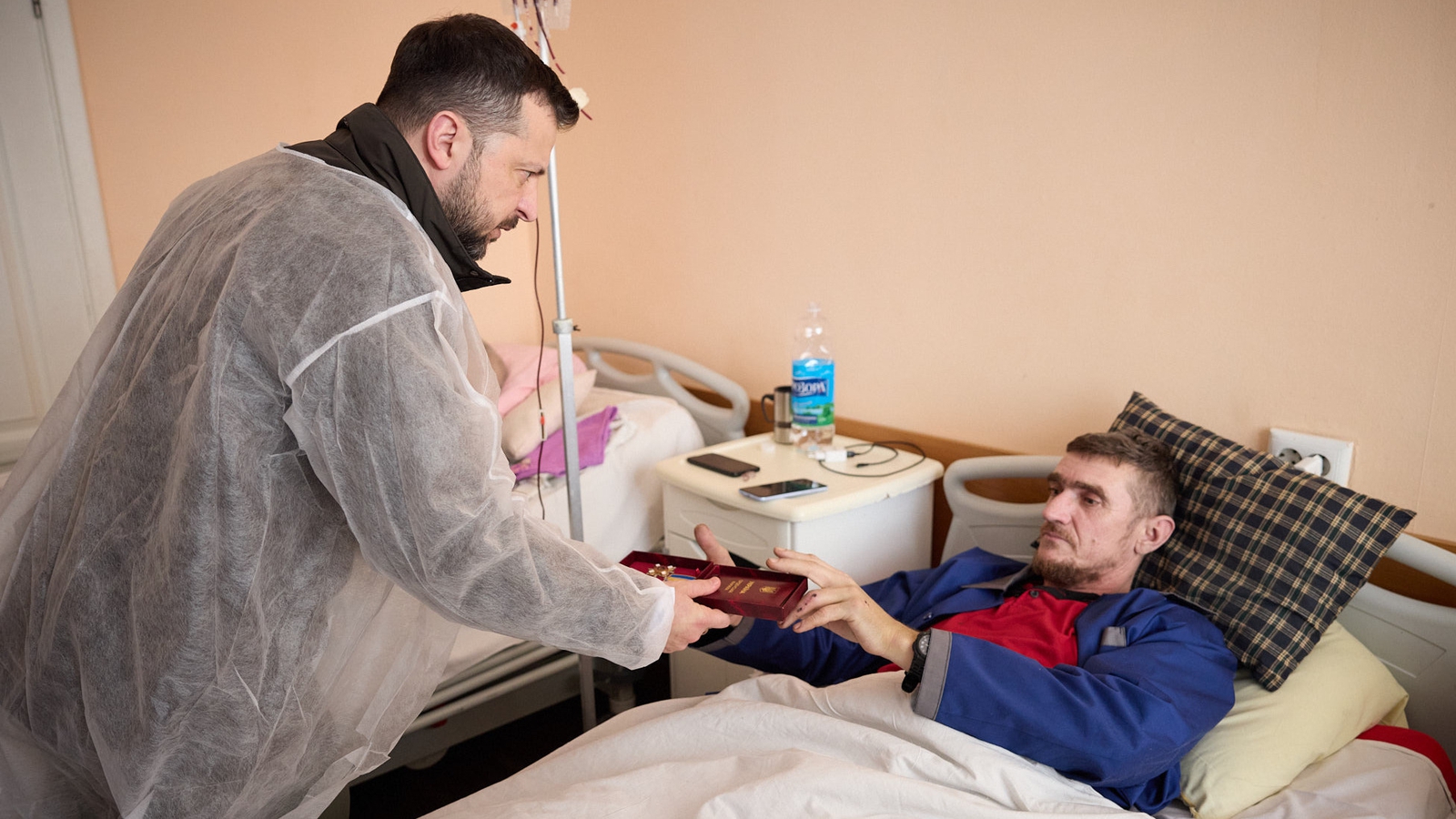Lateral flow tests created from used chewing gum

A Scottish university has teamed up with a moulding company to create medical equipment from old fridge parts and chewing gum scraped from the streets.
Professor in Microfluidic Engineering at Heriot-Watt University in Edinburgh, Maiwenn Kersaudy-Kerhoas, worked with English moulding company Great Central Plastics to develop lateral flow tests (LFTs) in a project aimed at cutting medical waste.
Prof Kersaudy-Kerhoas has produced five devices made from High Impact Polystyrenes (HIPs), which are taken from a range of recycled plastics including fridge components and “post-consumer” chewing gum.
It is estimated that over four billion LFTs are manufactured every year, with around 16,000 tonnes of plastic produced globally each year for them.
The tests check for a wide range of illnesses including strep A, pre-eclampsia and Covid-19.
Prof Kersaudy-Kerhoas said that, if creating LFTs from sustainable materials becomes the new norm, carbon emissions can be cut by 30-80%.
“We’ve now had approval to test these prototypes, making sure they function as well as the existing ones, particularly regarding the flow of liquid on the testing strip.
“As well as demonstrating feasibility in their practical application, these new devices help to support a wide-ranging discussion around healthcare sustainability in general and how we might develop a circular economy through potential changes in procurement and legislation.
“Sustainable plastics are not the only way, there are paper-based solutions in development, but they might take a while to be produced at scale, as manufacturers will need significant investment in new production lines.
“After rigorous scientific, economical and regulatory investigations, recycled plastics could be used with existing equipment and a quick win for some products like LFTs,” she said.

Deputy principal for research and impact at Heriot-Watt University and director of health and care technologies, Steve McLaughlin, said: “Our researchers are working hard to tackle climate change and finding new ways to reduce plastic waste and the pollution it causes is part of that.”
He added: “Maiwenn and her team have been passionate about reducing medical waste throughout their careers and the figures make it obvious why this is such an urgent issue.
“The mission of the new global research institute in health and care technologies is to work closely with industry and sector partners to deliver innovative, sustainable and use-inspired solutions to help solve global health challenges in a spirit of co-creation.
“The work Maiwenn is doing on sustainable LFTs is exactly the sort of project we want to support and we have the world-leading research and engineering capabilities here at Heriot-Watt to do it.”
Great Central Plastics, which specialises in utilising recycled plastics, said the move sets “a benchmark for responsible production practices”.





